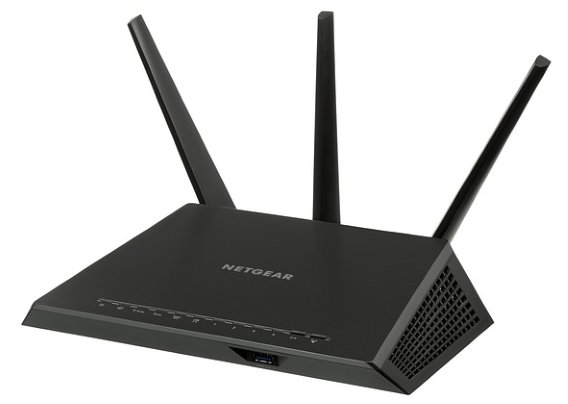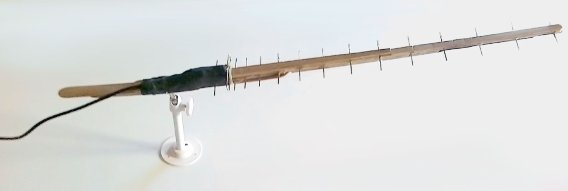There are many reasons why your Internet connection may not work properly. Your router could be misconfigured, for example. Or maybe your microwave often is interfering with your Wifi network. Or maybe your hamster ate one of the Ethernet cables, who knows? No matter the cause, we are here to help you figure out what went wrong and how to fix the problem.
Let's start with the most obvious solution: restart your router! Simply unplug it for a minute or two, and then plug it back in. From our experience, 90% of the problems are fixed that way. Of course, if your Internet connection problems don't get solved this way, move on to the next step.

